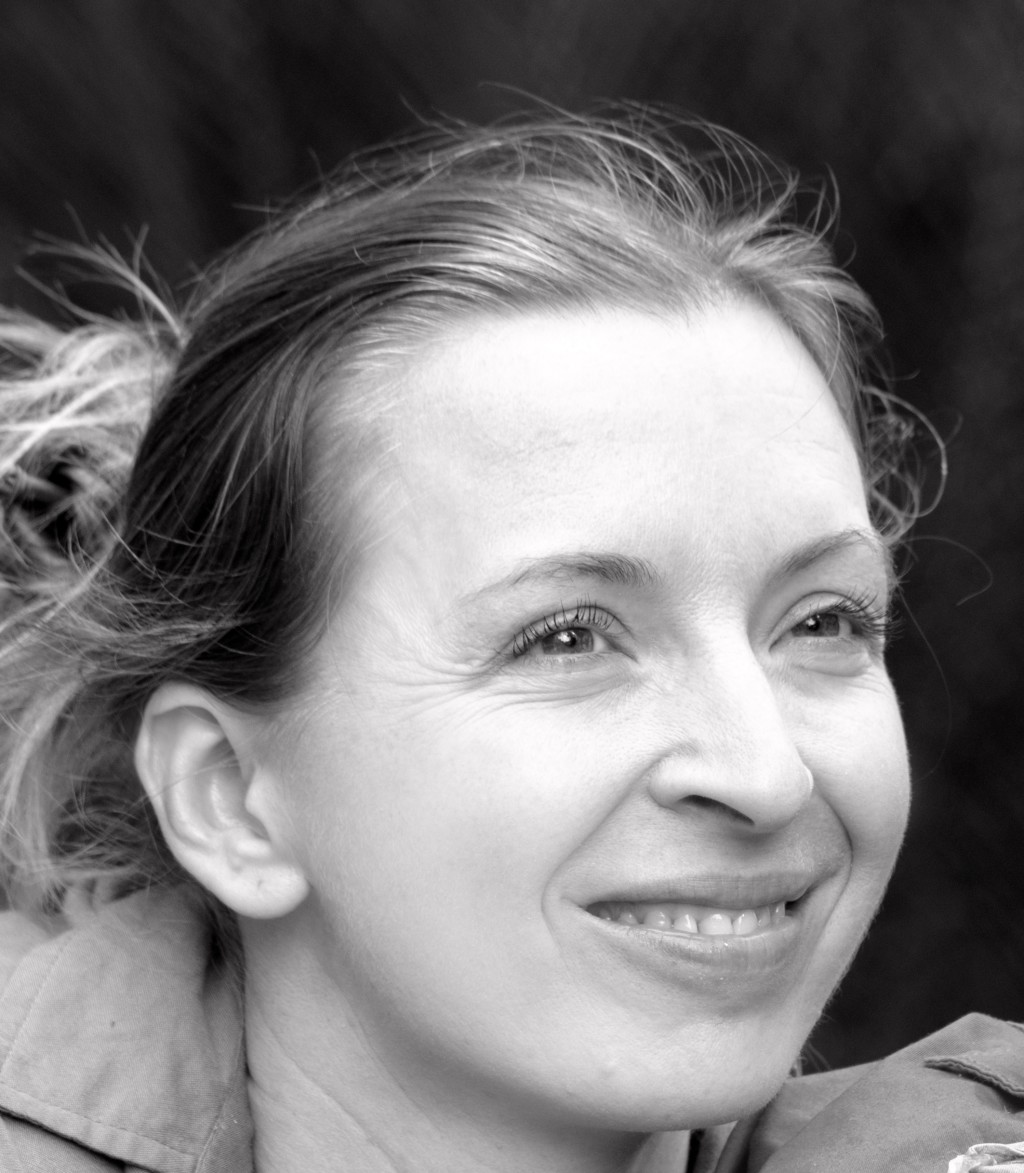
CMSI Lecture: Magdalena Zolkos
Event date: Tuesday 28 June 2016, 5.30 – 7 p.m.
Location: Faculty of Arts and Philosophy, Blandijnberg 2, Faculty Room (first floor, right above the main entrance)
“Justice, the Confessional and the Violin: Objects and Object-Mediated Relations of Loss in Jaume Cabré’s Confessions“; given by Dr. Magdalena Zolkos (Institute for Social Justice, Australian Catholic University)
Abstract
What is the role of objects in the emergence of collective memories of historical violence? Recent literary-theoretical studies on the place of inanimate objects in the cultural memory formation suggest that objects can play the role of symbols of national identity, conveyors of traumatic affect, vehicles for storytelling, and a material substantiation of memory. The category of “memory objects” constitutes a distinctively non-anthropocentric attempt at theorizing collective memory and collective trauma. This is because it requires that we think of objects not as peripheral and subsidiary to the realm of the social, but, rather, that objects display relational and agential possibilities. This paper considers the questions of “mnemonic affordance” of objects and of object-mediated memory relations in regard to Jaume Cabré’s 2011 novel Confessions, which presents objects (including a Storioni violin, a medieval medallion and a table serviette) as central to the formation of European cultural memory of violence and totalitarianism, including the Spanish Inquisition, Francoist Spain and the Holocaust. I argue that Cabré’s strategy of placing objects and object materiality at the heart of his narrative of historical violence and human precarity unsettles and blurs one of the key dichotomies of Western epistemology: the subject-object distinction.
Bio
Magdalena Zolkos is a political theorist specializing in the fields of memory politics, historical justice and reconciliation, cultural and psychoanalytic trauma theory, and emotions and affect. She is the author of Community and Subjective Life: Trauma Testimony as Political Theorizing (Continuum 2010) and On Jean Améry: Philosophy of Catastrophe (Lexington 2011). Magdalena is working on a research project on memory objects and mnemonic object-worlds in politics and aesthetics of memorialization. It focuses specifically on the counter-monumental tradition of traumatic representation, as well as literary and artistic attempts to narrate non-human, or other-than-human, mnemonic agency.
All are welcome. Admission is free, and registration is not required. For more information, please contact Stef Craps.
